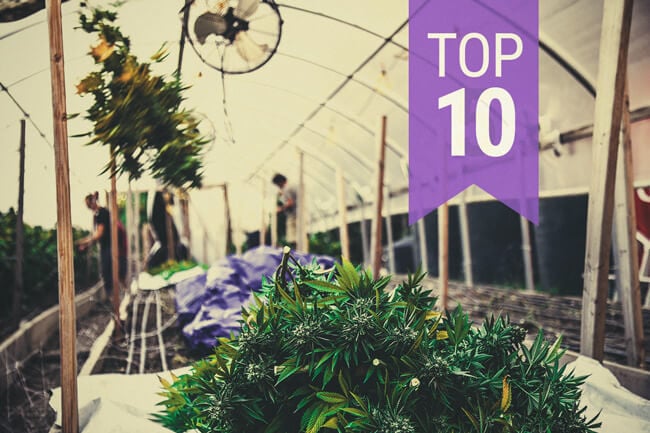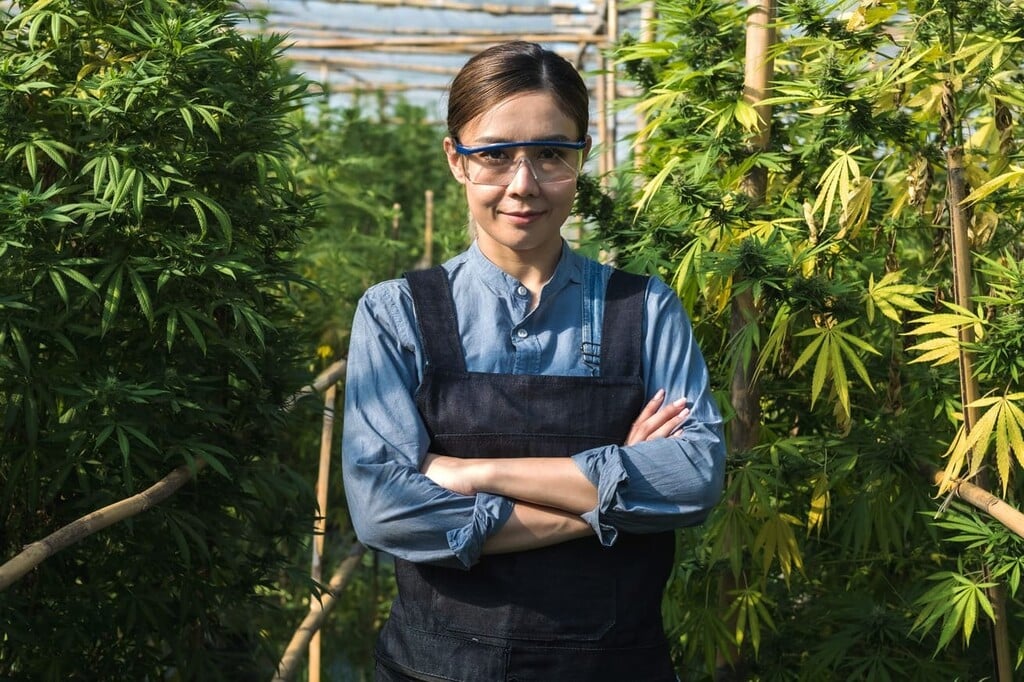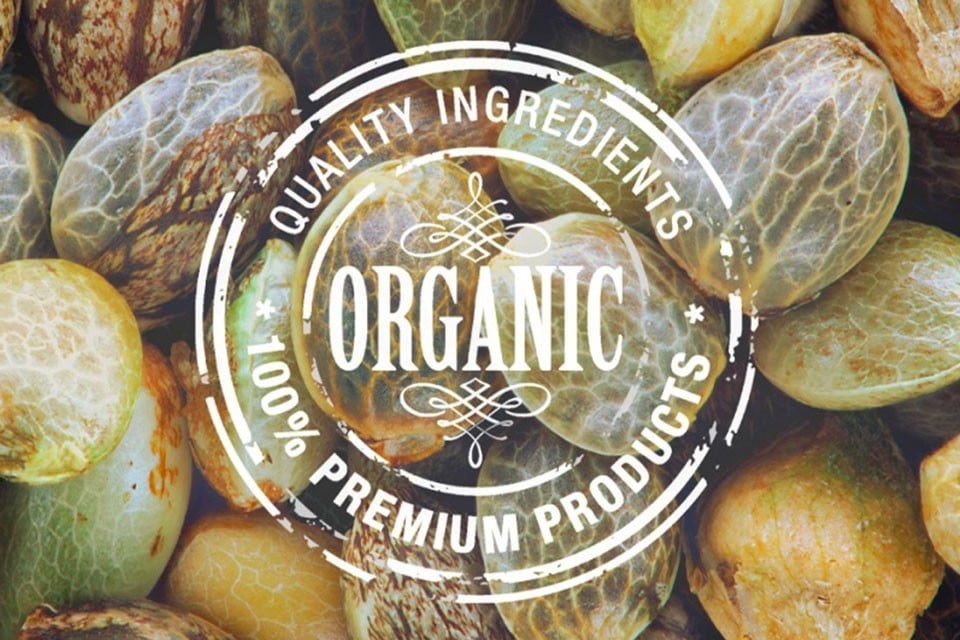.
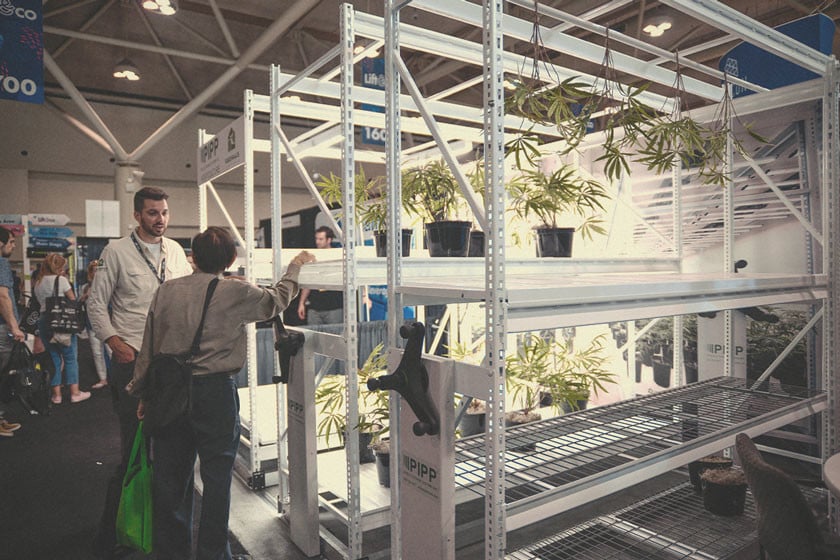
Tracking the Unstoppable Growth of the Global Cannabis Industry
It sometimes feels as though the cannabis industry appeared out of nowhere. However, in one form or another, it's been bubbling below the surface for quite some time. As legislation slackens across the world, it is erupting anywhere it can, and is showing itself to be highly adaptable—and highly profitable. Here's how the industry is growing.
Contents:
Cannabis industry growth across the globe is massive, and it’s only accelerating. Whether for recreational weed, medical marijuana, or industrial hemp, people are pouring money into the marijuana industry.
And the good news is, as it’s still in its infancy, there are plenty of opportunities to invest or find a career in the cannabis industry. As revenue increases, it’s becoming an exponentially more attractive sector.
The Complex Legal Status of Cannabis
The legal status of cannabis is murky and technical. In general, all types of cannabis are lumped within the Cannabis sativa species, regardless of the specific strain or variant. As such, where the cannabis plant isn’t entirely outlawed, it is often only legal when it has below a certain threshold of THC—0.3% by federal US law; 0.2% according to EU law.
Below, we examine the state of the legal cannabis industry in different nations in Europe and the Americas.
USA
Since the 2018 Farm Bill, hemp has been legal throughout the US. Hemp in the States is defined as having less than 0.3% THC. However, some states and counties have continued to outlaw the cannabis plant in all its forms.
Likewise, some states, most famously California, have legalized cannabis for both medical and recreational use.
In the US, support of the legalization of cannabis (on a federal level) is soaring. A recent Gallup poll[1] from November 2020 found that 68% of participants were in favour of legalizing cannabis. In general, public support for cannabis seems to be continually rising in the US, which in part demonstrates the success of the industry where it has been legalized.
Canada
In Canada, cannabis is legal both for medical and recreational purposes. Adults are allowed to carry up to 30 grams in public, and they may share this with others. They may also grow up to four plants, but must buy cut and dried cannabis from a state-licenced distributor.
Uruguay
In 2013, Uruguay became the first nation in the world to fully legalize cannabis. Since then, further legislation has been introduced to provide clear guidance around how cannabis may be legally used. For instance, in 2014, they set up processes whereby growers’ clubs could register, allowing them to grow up to 99 plants a year—far greater than the maximum of six plants at home.
In 2017, it became legal for licenced pharmacies to begin selling cannabis.
Mexico
In Mexico, medical cannabis is legal and recreational cannabis is decriminalised. Moreover, lawmakers recently approved a bill that would legalize recreational cannabis, but it is yet to pass the senate. It is believed that if it passes, Mexico will become the world’s largest cannabis market.
Europe
Despite EU laws surrounding cannabis, each country within Europe ultimately decides their own domestic laws. Some have taken a very liberal route, whereas others, such as Hungary, continue to outlaw cannabis entirely.


-
France
France still has very harsh drug laws, and treats all drug offences equally (legally, but not in practice). While strictly controlled medicines such as Sativex are legal, cannabis is otherwise totally illegal. In the instances that cannabis-derived medicines are allowed, they must be prescribed, and their prescription is not so easy to come by.
Despite its laws, public opinion in France seems to be turning in favour of relaxed cannabis legislation. A study by the Institut Français d’Opinion Publique (IFOP) found that more than half of the participants would be in favour of decriminalising recreational cannabis use in the future. In 2017, a similar study was conducted and only 43% were in favour, whereas now it has risen to 51%.
Even more telling is a recent public survey released by the French government that found 85% of people to be in favour of legalizing cannabis for medical purposes. These figures suggest that the public attitude toward cannabis in France is significantly more liberal than the law.
-
UK
The UK autumns somewhere between France and Europe’s more cannabis-friendly nations. While cannabis with a THC content of over 0.2% is considered illegal in the UK, hemp is legal and has few restrictions. Therefore, CBD products are highly popular and easy to source, falling into the category of supplement rather than medicine.
As far back as 2013, an Ipsos MORI[2] survey found that 53% of people wanted cannabis either legalized or decriminalised, and 67% wanted a review of Britain's drug policy. Since then, laws surrounding medical cannabis use have relaxed.
-
Spain
In Spain, there is a lack of legislation. Personal use is decriminalised but poorly defined. As such, cannabis social clubs have sprung up, most prolifically in Catalonia. The Catalonian government has previously attempted to create clearer legislation on what cannabis clubs can and can’t do, largely to stop them from being usurped by criminals, but the Spanish government overturned these laws as unconstitutional.
-
Portugal
In Portugal, all drugs are decriminalised for personal use. This means that whether you’re caught using cannabis or heroin, you won’t face legal prosecution. Nonetheless, the production and distribution of drugs is still controlled.
-
The Netherlands
The Netherlands is famous for its cannabis coffeeshops. So it may come as a surprise that growing cannabis is actually illegal in the Netherlands. The sale of it within coffeeshops autumns into a sort of decriminalised grey area. But where do they source it, you ask? As it’s both illegal to grow and import, we can only speculate!


What Is the Cannabis Industry in Practice?
An industry is a group of businesses that are classified by their main source of revenue. Therefore, businesses that produce most of their money through the production or sale of cannabis and/or cannabis products belong to the cannabis industry.
For instance, businesses that grow and sell hemp/cannabis belong to the cannabis industry, whereas businesses that sell a whole host of health supplements, including ones derived from cannabis, would probably not be considered part of the cannabis industry proper. However, it’s very possible that the companies that produce those products would be.
In certain countries, there is an interesting overlap between the cannabis industry and crime. For instance, the aforementioned Dutch coffeeshops, while legitimate businesses, must source their cannabis from criminal enterprises. Therefore, where cannabis laws aren’t holistic, industry may come to rely on crime for its survival.
Which Other Industries Does the Cannabis Industry Feed?
The cannabis industry is not just related to wellness, medicine, and recreation. Hemp has a huge number of uses beyond its cannabinoids. Hemp bast and hemp hurd (the external and internal fibres, respectively) are used to create products for the textiles, paper, construction, and agricultural industries. As a robust and highly versatile material, hemp is able to produce strong building materials, carbon-neutral clothes, and works to regenerate toxic and poor-quality soil.
With the relaxation of hemp and cannabis laws in the Western world, more and more industries are incorporating cannabis products. For instance, Ford now uses hemp plastic to make the dashboards of their cars. This is but one example of how far-reaching the cannabis industry has become.
Global Cannabis Market Growth
In 2020, the global cannabis market was valued at 9.1 billion US dollars[3]. This is expected to compound by 26.7% annually from 2021 to 2028. Some speculate that by 2026 it could be worth a staggering 97.35 billion dollars[4].
But which parts of the industry generate the most revenue?
Which Sector of the Marijuana Industry Comes Out on Top?
Despite not being legal in a huge number of countries, recreational cannabis still contributed about a third of global cannabis revenue in 2018[5].
However, medicinal cannabis (including cannabis sold for wellness purposes) contributed almost 50% of the total revenue in the same time. This is due, in part, to the fact that medicinal cannabis is legal in far more places, which just goes to show how popular cannabis is as a wellness product.
Hemp grown for industrial purposes makes up the rest, and smallest, portion of global cannabis revenue.
While the US has the world’s largest cannabis market, the cannabis market size in Europe is the fastest-growing. Whether it can overtake the US without more homogeneous laws across the EU is yet to be seen.
Investing in the Cannabis Industry
There has never been a better time to invest in cannabis. In fact, within Europe, Britain is currently attracting the most cannabis-related capital. Investing in the cannabis industry is the same as investing in any other industry. If companies are floated on the stock market, you can buy shares. Or, if you fancy yourself a venture capitalist, hunt out blossoming companies in search of some initial capital.
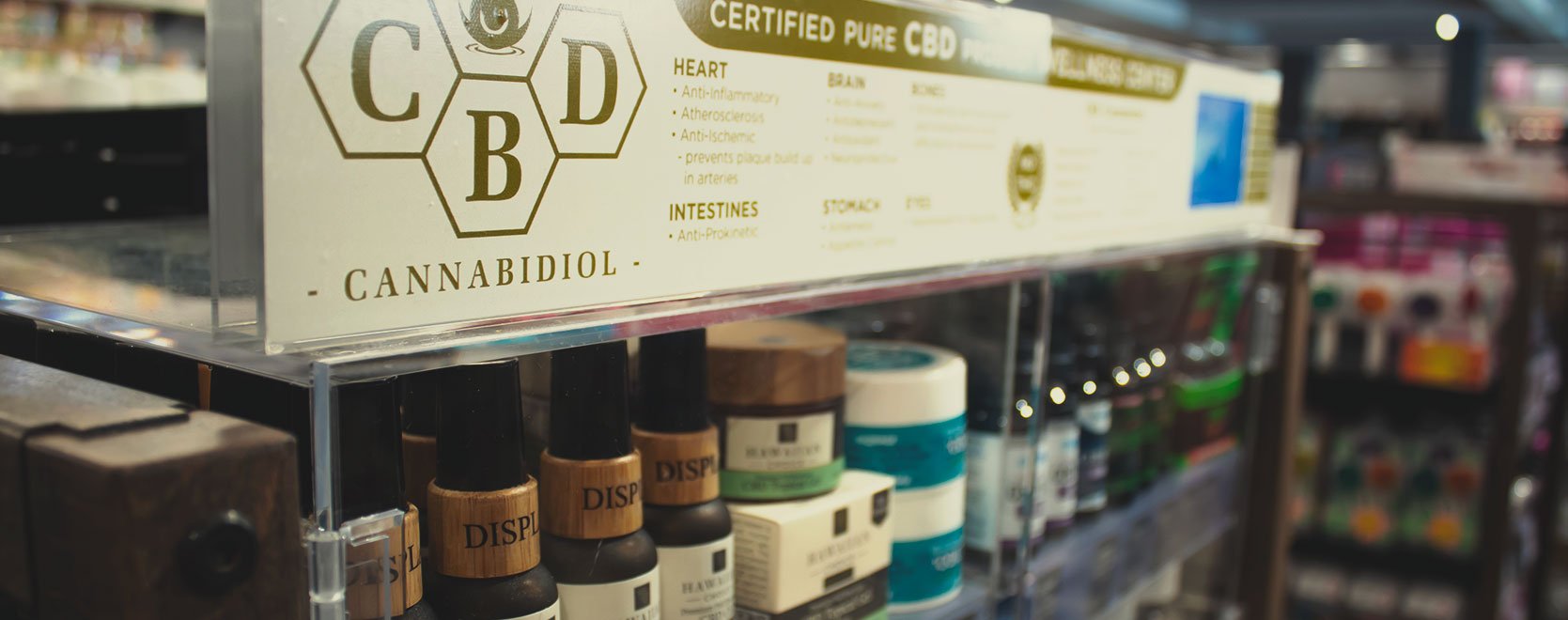
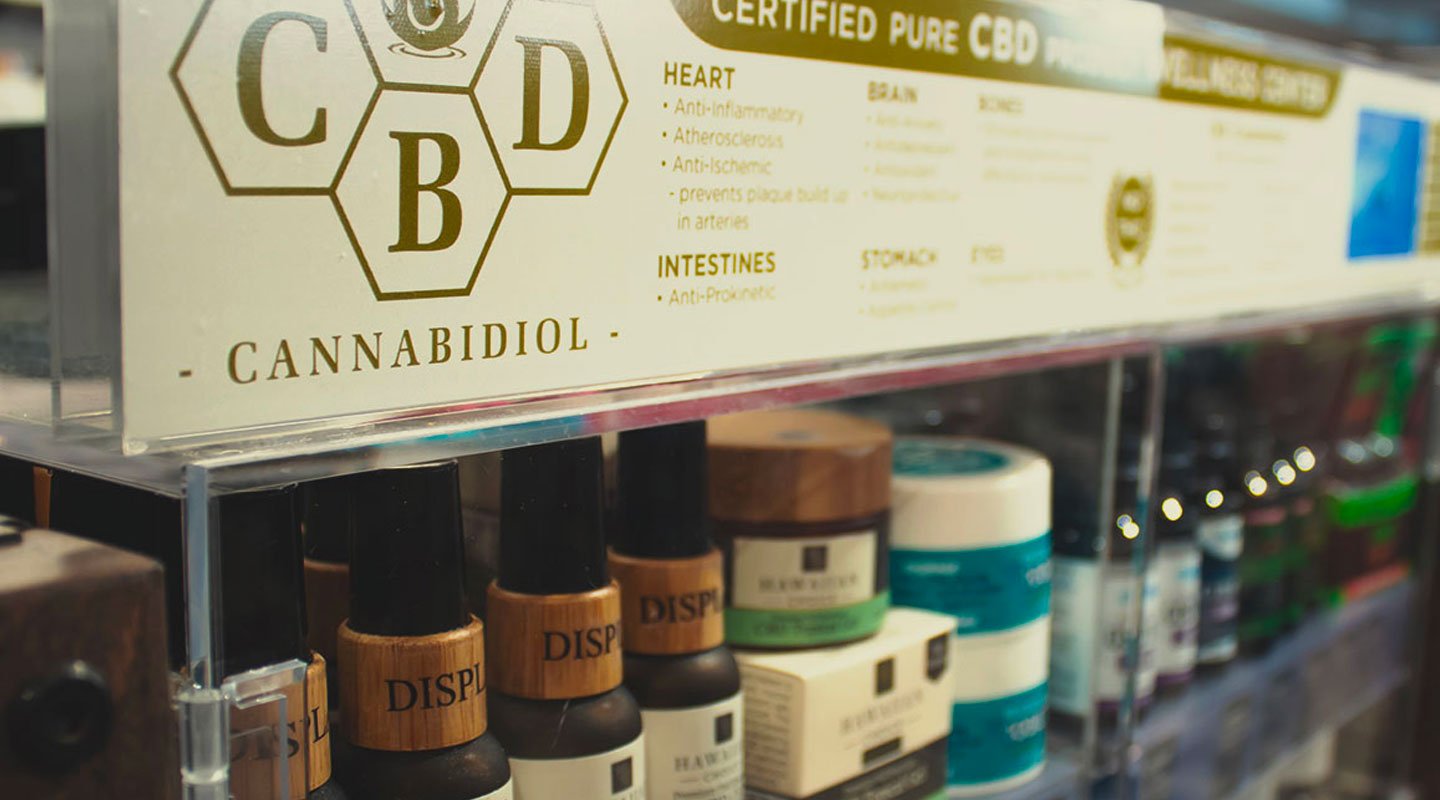
How To Find Work in the Cannabis Industry
So, how does one go about getting into the cannabis industry? First and foremost, it depends on where you are. If cannabis is illegal in your region, we wouldn’t advise getting involved in any illegal practices. Although, this doesn’t stop you going somewhere where it is legal.
If you do want to work in the cannabis industry, now is a better time than ever. With the industry booming, they need more and more people with all sorts of skill sets. Like with almost any industry, jobs range from poorly paid, entry-level jobs that require little to no experience, to highly paid jobs that demand high levels of knowledge and training.
If you’re in search of jobs, you can look in the same places you’d look for any other job. That’s the beauty of the legal industry! Make a note of the usual requirements, and build up a picture of what employers actually want. Then, if you still want to go for it, get the necessary knowledge and send off those applications.
Despite the stereotypes surrounding cannabis users, employers want engaged, knowledgeable employees, so keep that in mind as you prepare for interviews.
What the Future Holds for the Cannabis Industry
Despite recent gains in cannabis reform, the fate of legal weed is far from certain. Even in countries that have gone some way toward legalization—for instance, Britain and medical cannabis—the legalization, or even decriminalisation, of recreational cannabis still seems a stubbornly long way off. Likewise, even in countries where it’s been decriminalised—Spain, Portugal, the Netherlands—the chances of it being comprehensively legalized are not in the foreseeable future.
Nevertheless, the tide is turning in the right direction. And, after all, money talks. It’s only a matter of time until governments change tack due to the amount of money that is gagging to pour into the legal industry. In the meantime, by continuing to fight the outdated stigmas surrounding cannabis, and by using it responsibly, we can hope to accelerate those changes.
- Support for Legal Marijuana Inches Up to New High of 68% https://news.gallup.com
- Public attitudes to drugs policy https://www.ipsos.com
- Legal Marijuana Market Size | Industry Report, 2021-2028 https://www.grandviewresearch.com
- Cannabis Market Size, Research | Marijuana Industry Growth 2026 https://www.fortunebusinessinsights.com
- Cannabis Market Size, Research | Marijuana Industry Growth 2026 https://www.fortunebusinessinsights.com




























